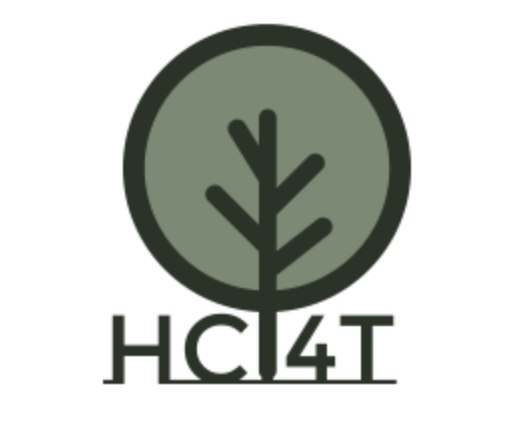
Options for student workplaces in Siegen: https://www.uni-siegen.de/corona/infrastruktur/index.html.en?lang=en
Zoom-Link: https://us02web.zoom.us/j/84418514192?pwd=aTY0eEN3aHFoSTh4eUdqbVdKQkRvdz09
Minute-notes: https://docs.google.com/document/d/1jPfkZW6hZBo7tohoe2zcfSiBxGDmIlUu4L8UmTlOPUA/edit#
What role does HCI research play in a world increasingly characterized by humanities desire for accumulation - of capital, data and destruction? How can we make HCI research relevant in a time of planetary degradation and mass extinction?
This course is for open-minded scholars who understand that the effect of overconsumption reduces the planet's carrying capacity and in consequence climate change. We will navigate from our the actual dystopian world and prototype HCI solutions to reduce the damages of our dying world.
We will look at the climate crisis and the overall destruction of the planet by humans, considering this not only an environmental problem but a systemic one. Through this course, we want to find out what role we as HCI researchers and -practitioners play in this - for better and for worse. We will explore how our ideas of science and technology design can exclude or make room for different ways of knowing and being in the world, including the perspectives of non-humans and indigenous people, and how they contribute to different ideas of “development” of our world. We will try to understand how computers are entangled in economic practices, supply and commodity chains around the globe, as mediators, as goods, as pieces and components, as waste. We want to learn how computers can help us understand our environment, by monitoring nature, energy consumption and pollution. And finally, we want to understand how we, as designers and researchers of computing technologies, can contribute with our craft to a planet that is livable for all.
To do this, we will be in constant dialogic enquiry, discussing topics like Socio-Informatics, Feminism, eco-literacy, Standpoint Theory, Decolonization, Capitolocene, Intersectionality, Degrowth and more. The course will also engage in building prototypes, walks in the forest, silence, and some discomfort.
At the end of the course, we hope to have a prototype (paper, project, idea) and answer the question: what are we to do with these skills we have or are in the process of acquiring, to contribute to the transition to a more just and sustainable way of living on this planet?
- Lecturer: Debora de Castro Leal
- Lecturer: Maximilian Philipp Krüger